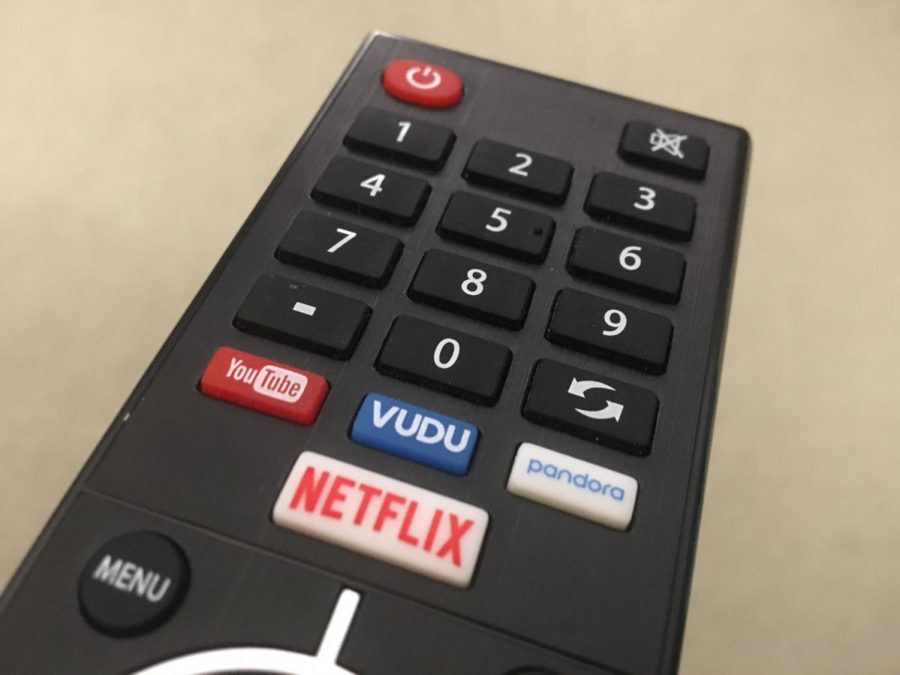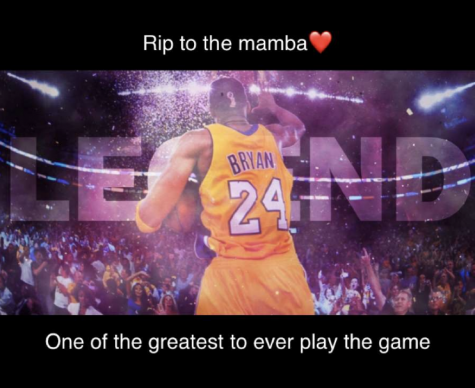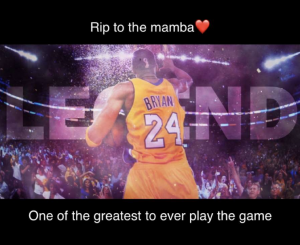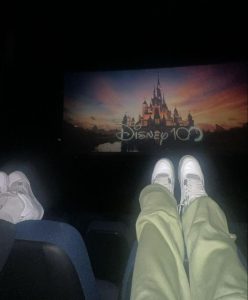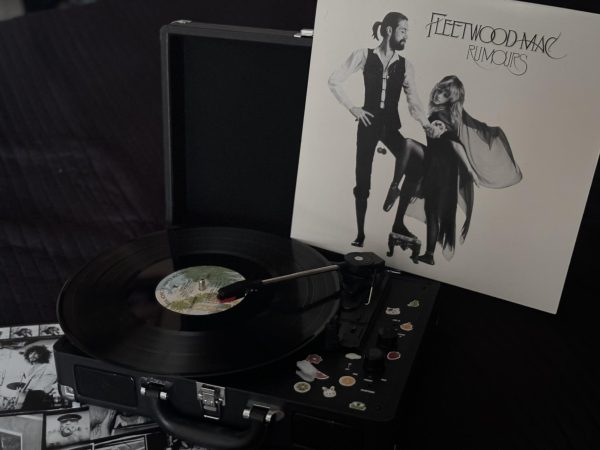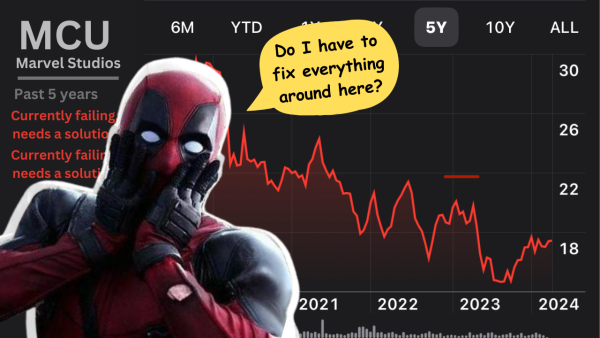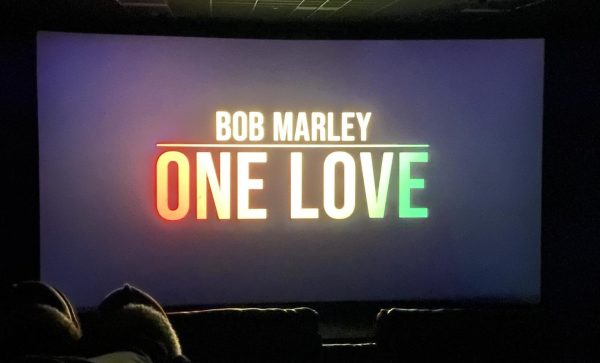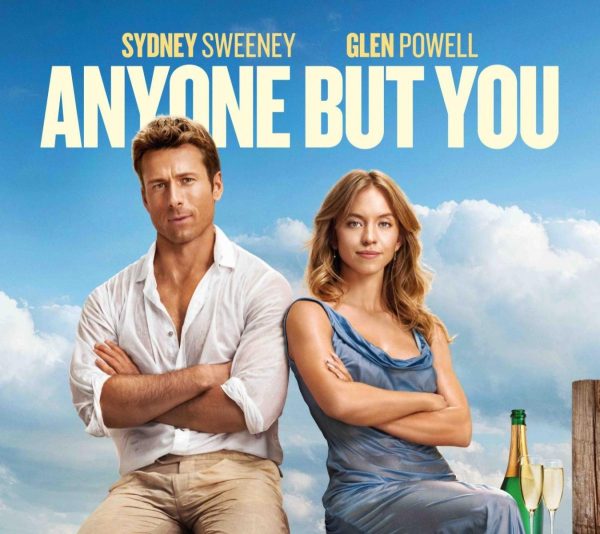The Death of Cable T.V.
What’s leading to the end of traditional TV?
Smart T.V.s have been growing in popularity since their creation in the early 2000s, as they allow users to stream and browse the internet from their T.V. without the need of additional hardware.
February 7, 2020
With 39.3 million people cutting the cord to cable TV in 2019 alone, it’s not outlandish to say that the cable T.V. industry may soon be facing its demise. But why?
The main culprit is price. People don’t want to deal with extra charges and fees and may find they would rather invest their money into T.V. alternatives, like streaming services such as Netflix or Hulu.
“Among cord-cutters, 87% said they canceled service because of its high price, up about seven points from a year earlier, per the TiVo report. In addition, pay-TV subscribers who said they were unsatisfied, 83% chose “Too expensive/Increasing fees for cable/satellite services” — the top response. TiVo’s report was based on a survey of 3,330 adults in the U.S. and Canada,” Todd Spangler said in a Variety article.
While most people who have a subscription to a streaming service (such as Netflix, which currently has 158.3 million subscribers, followed by Amazon Pride Video with 40 million) also have a subscription to some variety of cable or satellite streaming service, it’s very possible that the streaming industry may become the 21st century’s “traditional T.V.”. Streaming doesn’t charge extra for certain channels, as you just pay a certain fee for every movie and show the service has to offer.
“Consumers are no longer willing to pay for a plethora of channels that they don’t watch. This antiquated cable model has become usurped by streaming options of getting only what you want to watch, and even those consumers that are still with cable are requesting more targeted, smaller bundles,” said Kristina Zucchi in an Investopedia article.
Along with this, streaming has another advantage, mobility. Through your phone or laptop, you can take your favorite movies and shows with you, wherever you go.
“When it comes to viewing habits, there’s a virtual tug of war between the competing media. Thirty-six percent of the public reports watching cable more than their streaming service, and 31 percent say they watch streaming more than the cable, with 29 percent saying it’s about the same,” Steve Liesman said in a CNBC article.
Although sophomore Keaton Roof preferred the reliability of cable when his family had it, he does understand why people would prefer to stream their media.
“When you’re streaming, you get to pick whatever you want to watch, whenever you want to watch it. However, streaming is kind of limited with the number of movies and T.V. shows it has, so it’s hard to find things that interest you sometimes,” Roof said. “But I do think streaming is a strong competitor for cable T.V., since most people aren’t just sitting around at home, being able to watch stuff on your phone is pretty convenient.”
If cable T.V. hopes to make a comeback and stop its steady decline into obsolescence, then service providers need to be prepared to adapt to what appeals to the masses.


